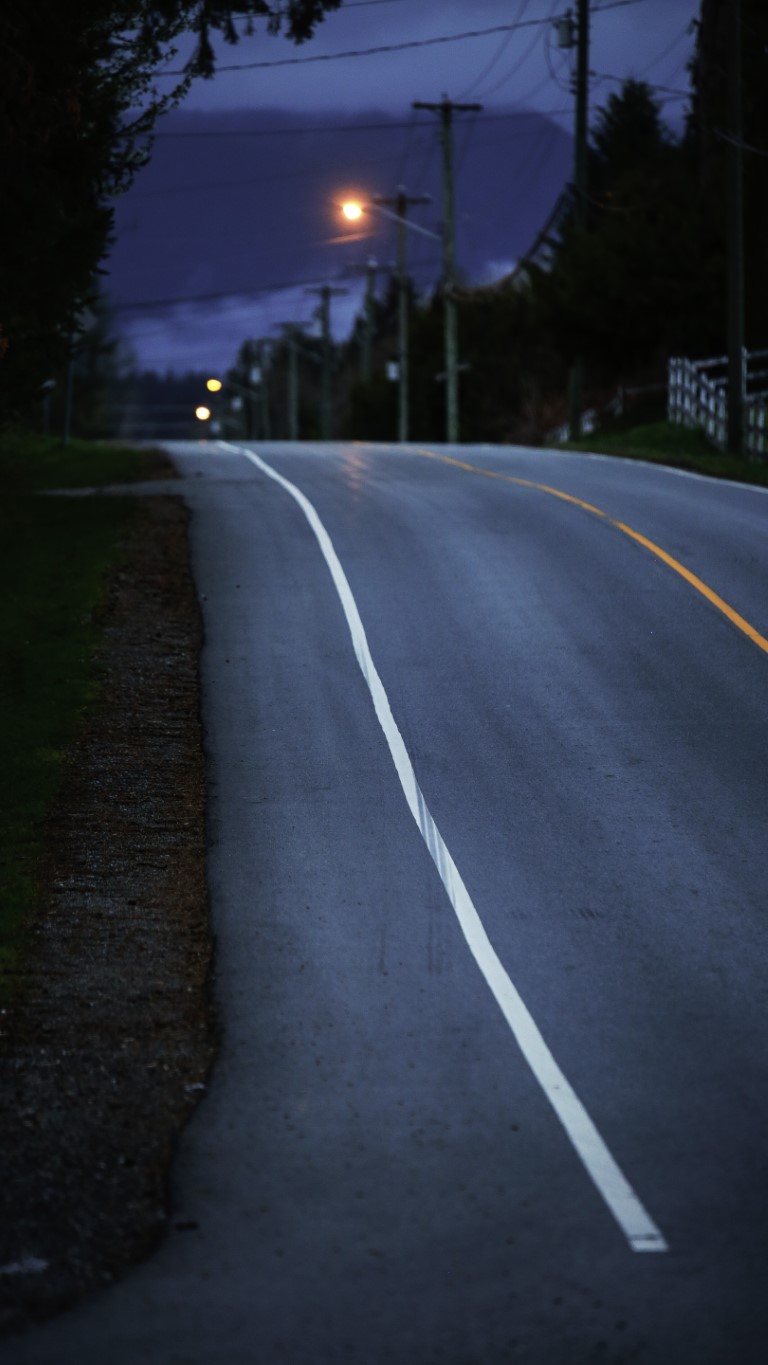
How accepting rides from strangers restored my faith in humanity
By Alexis Zygan, Contributor
A memorable ride is a woman who had just signed her divorce papers and was in celebration mode, evident from the flask sitting in the cupholder.
Hitchhiking is considered a dangerous mode of transportation by many. However, at 20-years old, I yearned for adventure—one of the many spurs of the moment decisions that defined my early twenties. Driven by fearlessness and boredom, I set out on a roundtrip from Vancouver to Montreal. Without access to a vehicle and minimal savings hitchhiking was an affordable albeit risky way to travel, along with an excuse to quit my minimum wage job and flee the city for the summer. I convinced my partner at the time to come along for the journey. In combination with my street smarts and my partner’s boxing training and height of 6’6, we were the ideal mates.
Although many European countries permit hitchhiking, Canada has rules that restrict thumbing-a-ride along British Columbia Highway 1 and Ontario Highway 400. Fortunately for us, we successfully hitched rides throughout Canada until we entered the hitchhiking graveyard of Wawa, attributed to the neighbouring abandoned towns and scant traffic flow. In White River, Ontario, we camped out for two nights until, eventually, two sisters who were on the way to visit their mom for her birthday offered us a ride. Some drivers sought companionship while travelling long distances. Others saw their younger selves in us and shared stories of hitchhiking as teenagers. A memorable ride is a woman who had just signed her divorce papers and was in celebration mode, evident from the flask sitting in the cupholder.
Once we arrived in Montreal, we headed to the canal and shared stories with friends under the moonlight. We crashed at an acquaintance’s living room for the rest of the month, eating poutine and striking up friendships with other travelers, creatives, and musicians. After a month in Montreal, it was time to return home. To avoid Highway 400, where hitchhiking is illegal, we decided to purchase a rideshare ticket from Montreal to Ottawa. Thankfully once in Ontario, a group of three travelling musicians—who were on their way to British Columbia to visit friends and celebrate Quebec’s Independence Day—let us into their vehicle. In the summer, many Quebecois travel to Okanagan to enjoy a break from the humidity and earn cash picking fruit.
The experience was unforgettable, and I cherish the memories. I confronted my misanthropy after encounters with strangers restored my faith in humanity. There was an exchange of trust between the driver and the hitchhiker. At the end of our trip together, we shared gratitude and waited on the highway for the next congenial person. I kept a journal along for the ride because I knew one day this adventure would be worth sharing.
Although my experience with hitchhiking was amicable, I recommend approaching it with caution. Here are some tips to keep you safe. When you enter the car of a stranger, there are many possible outcomes. In the worst-case scenario, you may end up dead. After a series of murders in the 1970s, there has been a stark decline in folks opting for hitchhiking. That said, violent incidents are far and few between. Always listen to your gut; if someone seems off, decline a ride. Better to remain stuck in a town for another night versus fraught with danger. Always inform someone of your whereabouts, including a photo of the vehicle’s license plate. Have a buddy that you hitchhike with, so you have each other’s back.
Experiencing Canada from the inside of various vehicles was a one-of-a-kind adventure. The conversations taught me new perspectives. The kindness I encountered from strangers made me comprehend human nature from a heartening outlook. Nevertheless, I have no plans to be standing on the highway with my thumb out anytime soon. The next time I travel post-covid, it will be either via a plane or a vehicle for my safety.


